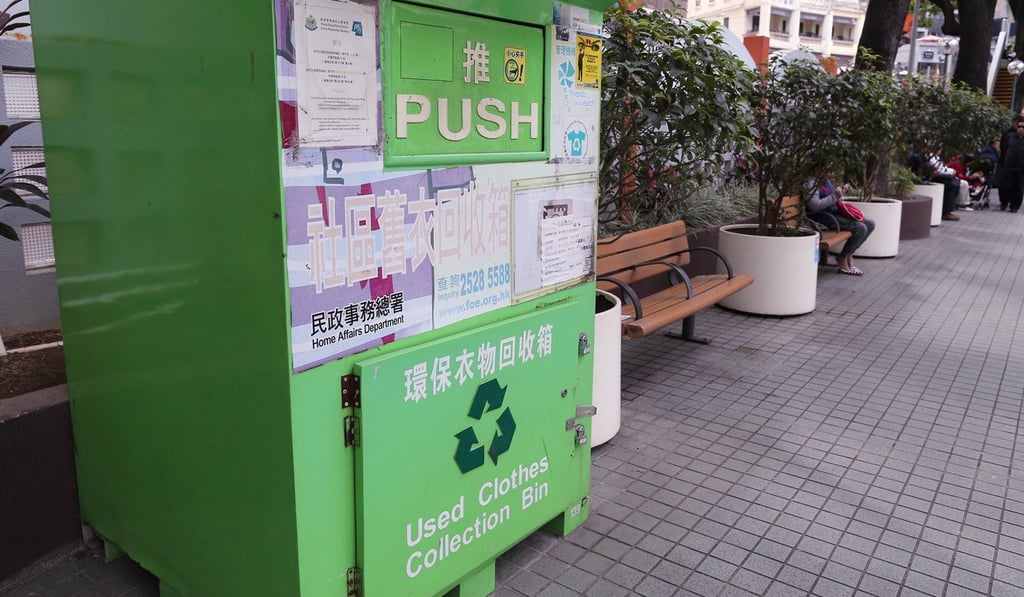Reflections | What wasteful fast-fashion retailers can learn from Chinese empress dowager
When criticised for her spending on fashion and beauty, Empress Dowager Ma promptly made changes but the same cannot be said for today’s fast-fashion retailers and shoppers, who continue to dump clothing in our landfills

The recent proliferation of collection points in which people may dump their old clothes, presumably for recycling, is indicative of the problem of “fashion waste”. Fast fashion clothes that typically last a few months, are reflective of our society’s profligacy and disregard for the environment.
During the reign of the Eastern Han dynasty’s Emperor Zhang (AD75-88), a song was heard in the capital: “When the city fancies bouffant hair, women elsewhere raise their hair by one chi [23-24cm]; when the city fancies thick eyebrows, women elsewhere drew theirs to cover half their foreheads; when the
city fancies big sleeves, women elsewhere made theirs with a whole bolt of cloth.”

Although Ma is depicted in history books as a sensible and thrifty manager who ran a tight ship in the Inner Palace, the popular song, deemed important enough to be recorded in its entirety in the official histories, especially the final line about profligacy in the use of fabric, suggested that she might have been a tad more extravagant than she needed to be. On being informed of what the people were singing, Ma became more conscientious about reducing palace expenditure.
Fashion waste has received extensive media coverage in recent years, but fast-fashion retailers continue to thrive because, unlike Ma, we don’t see wastefulness as a serious problem.
